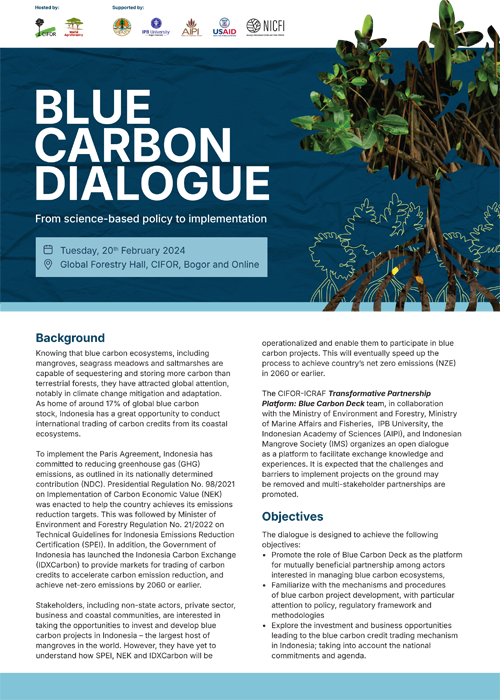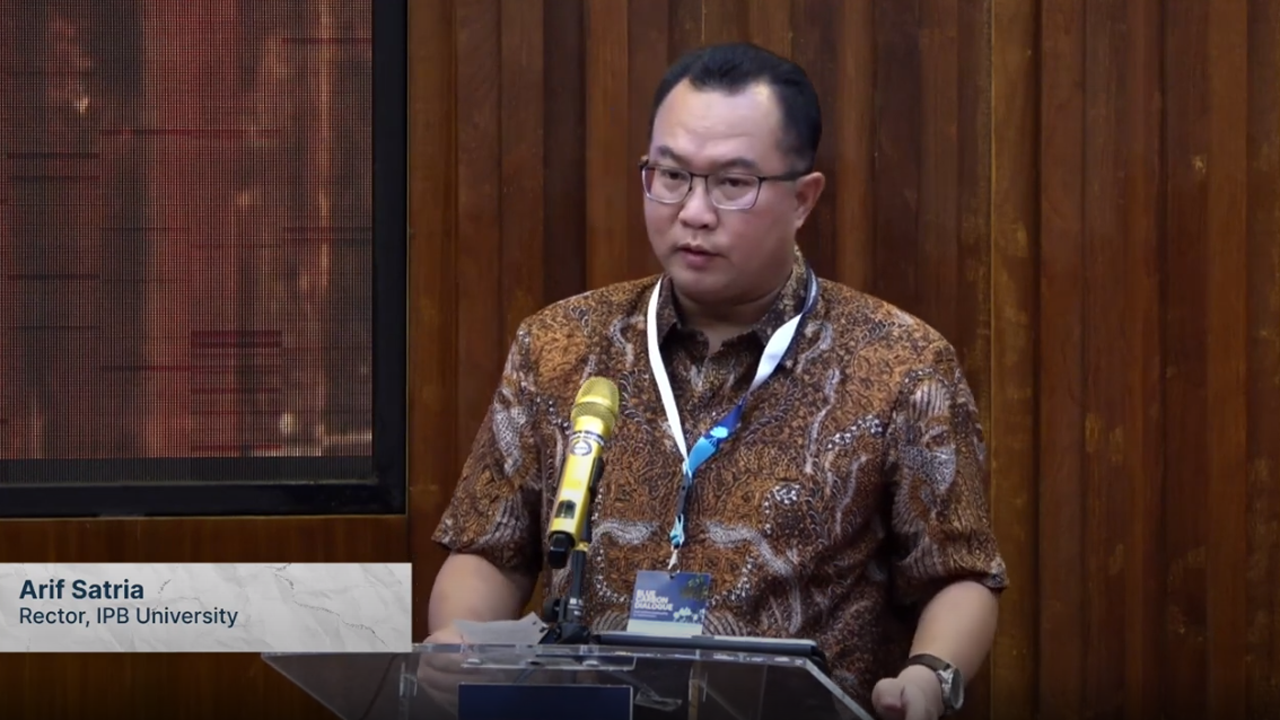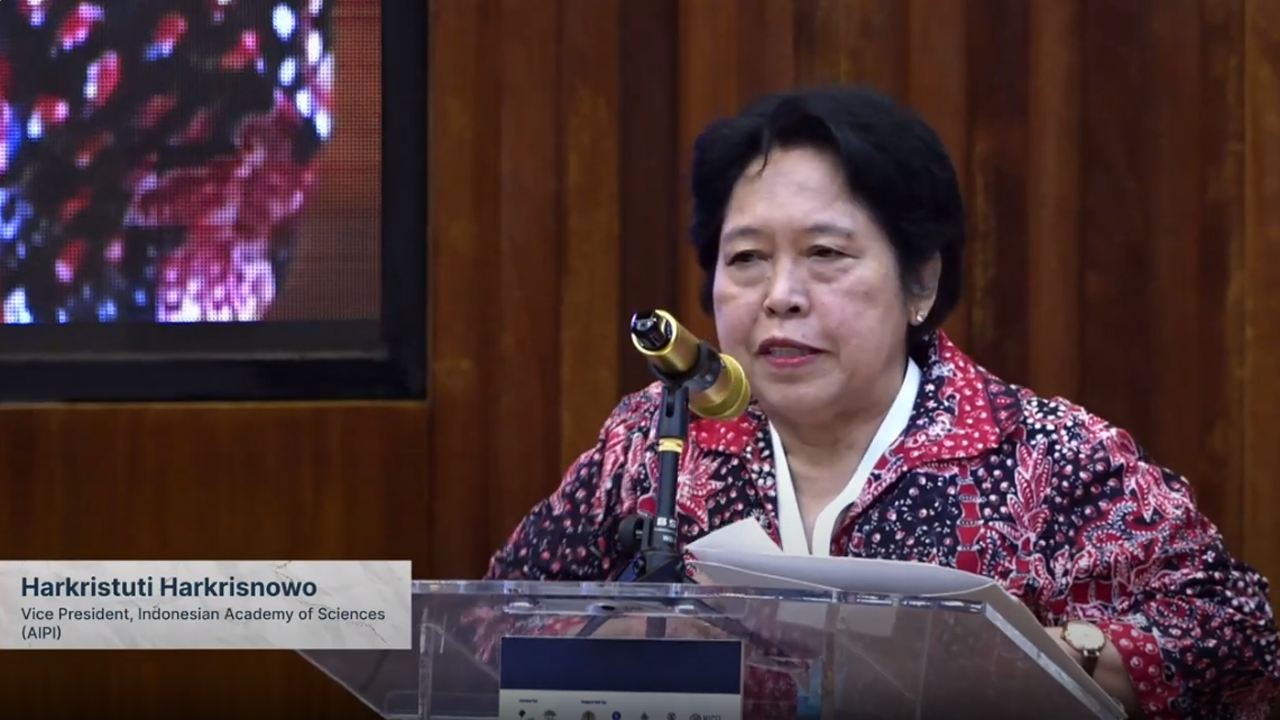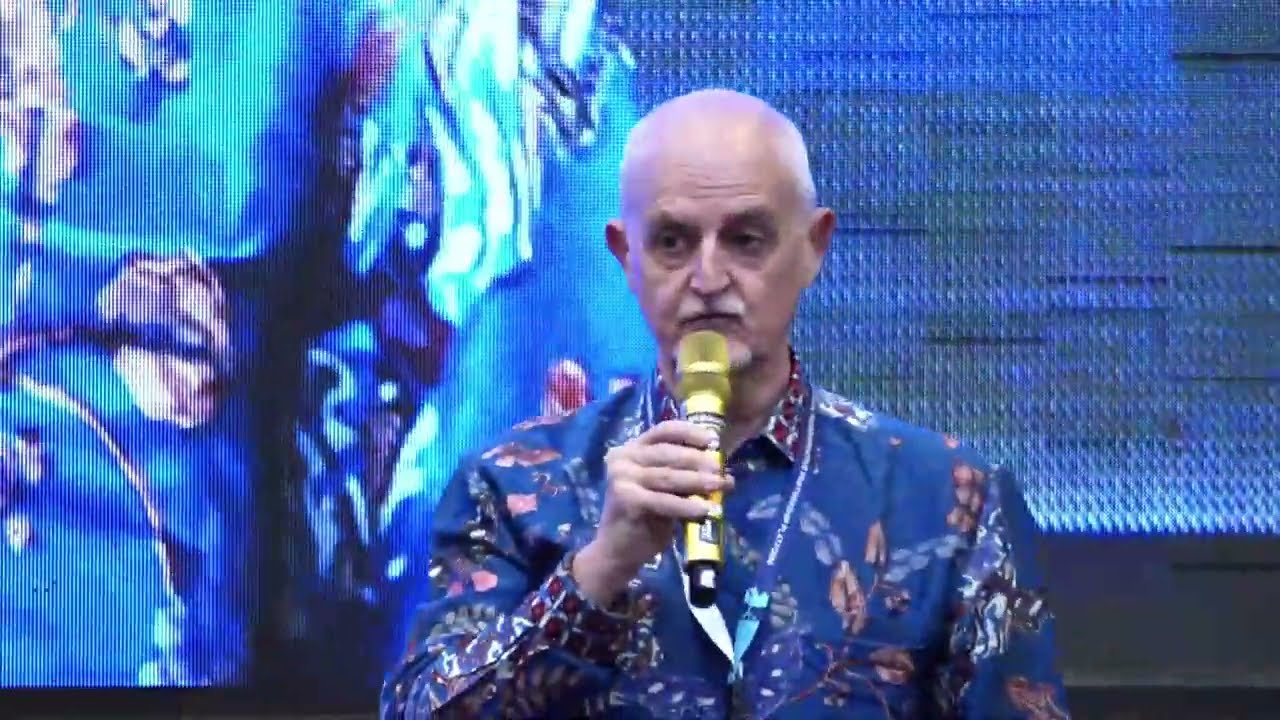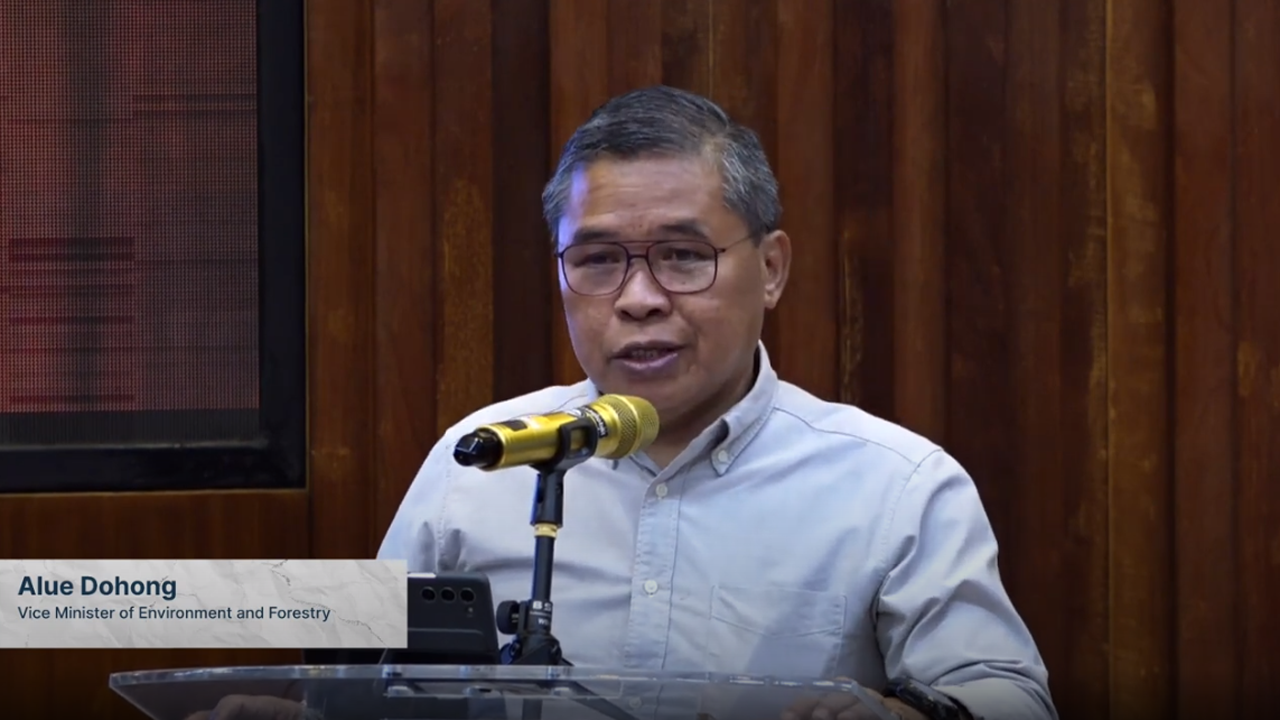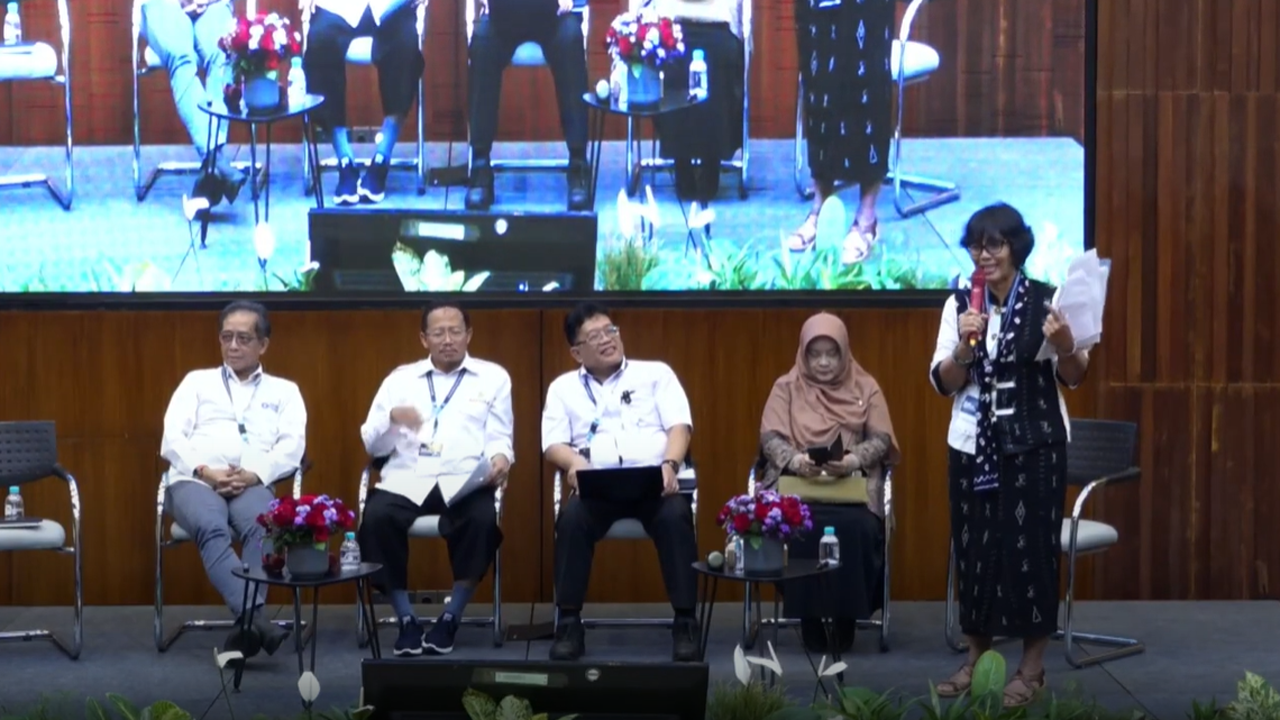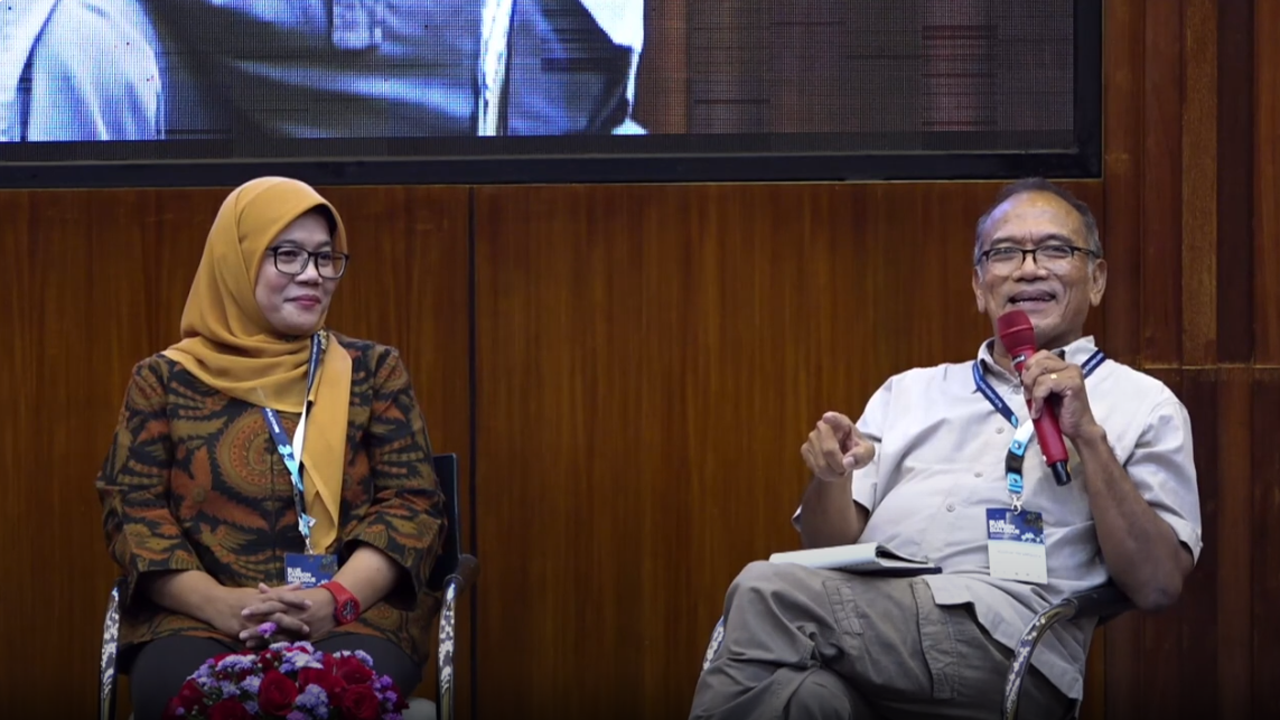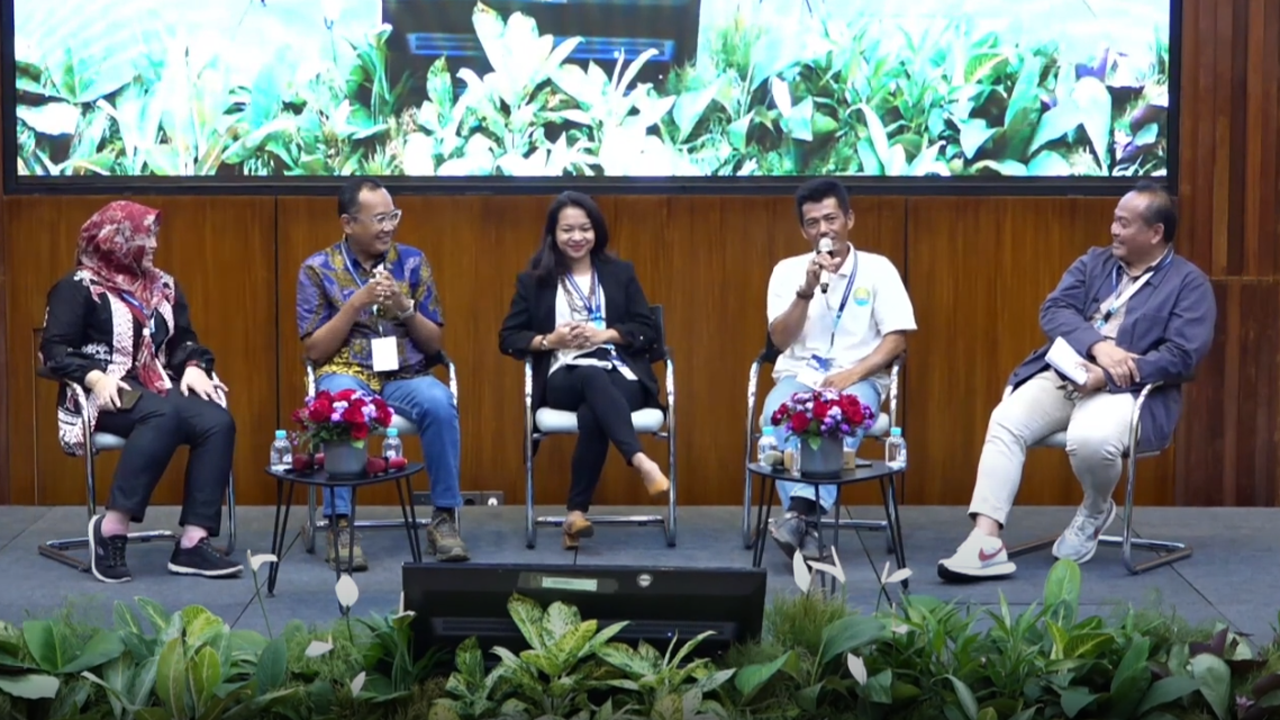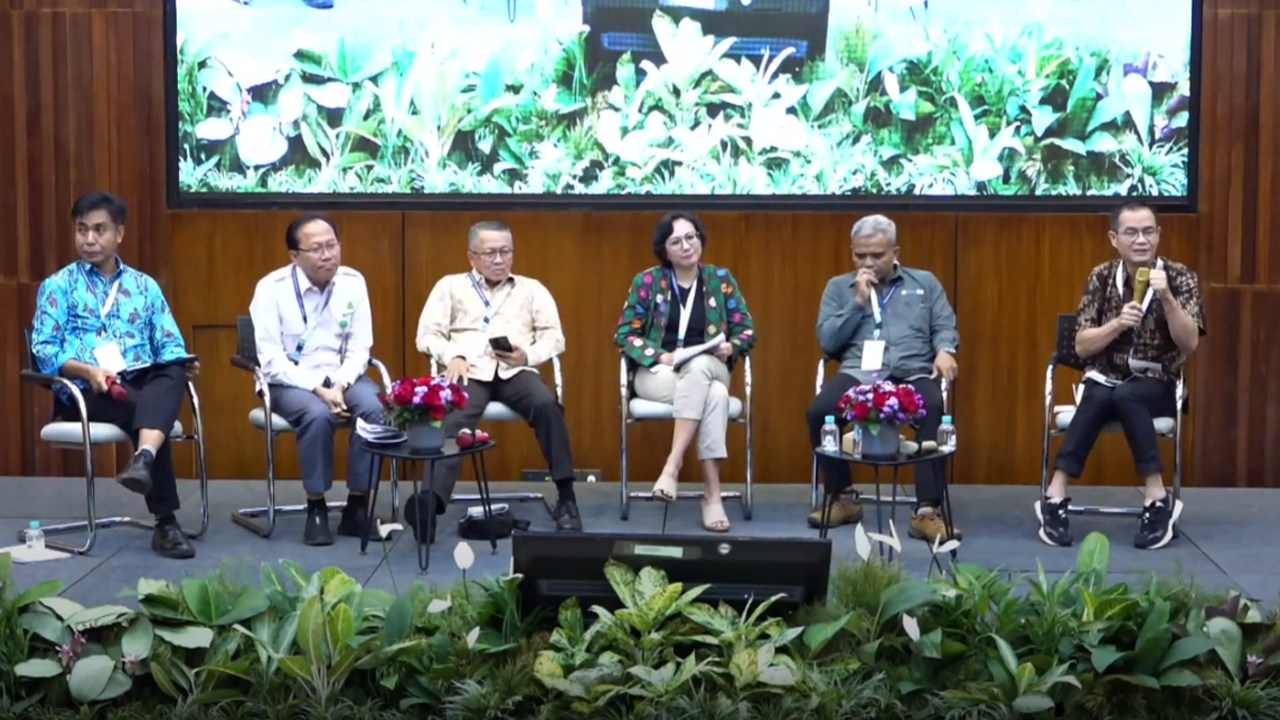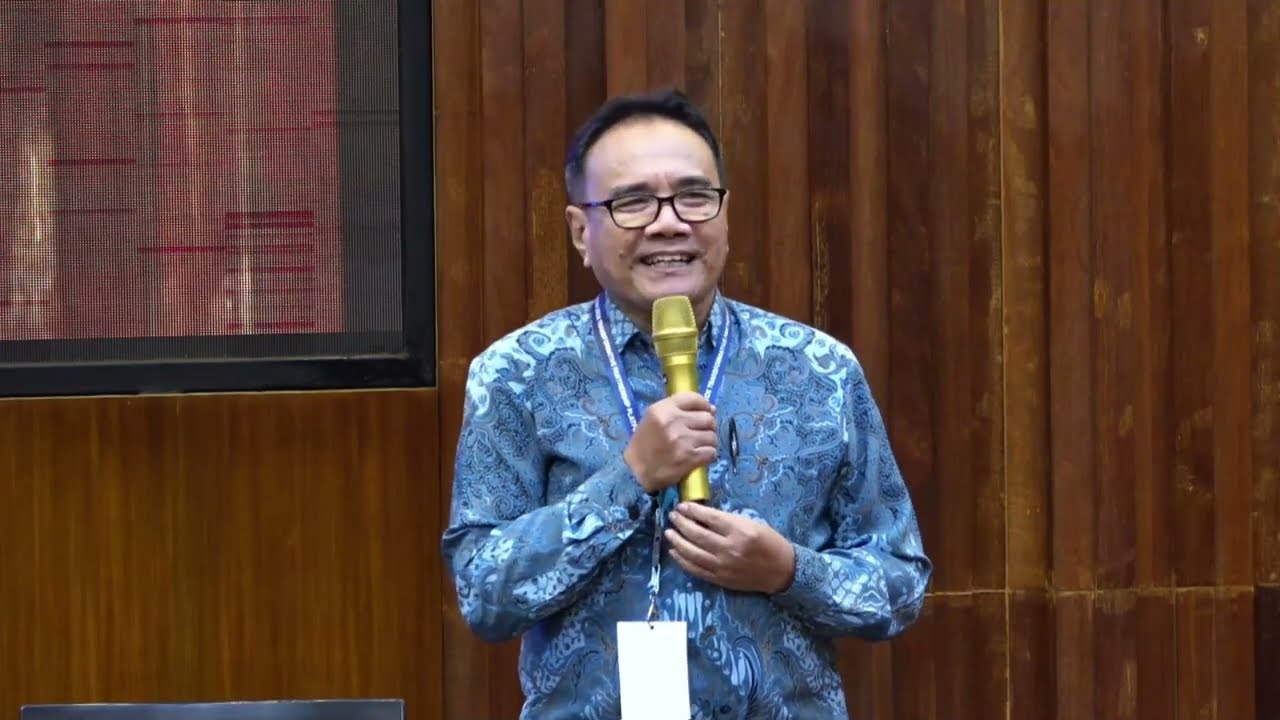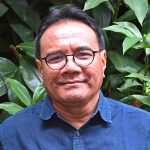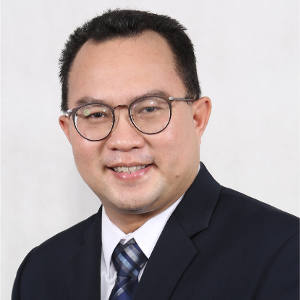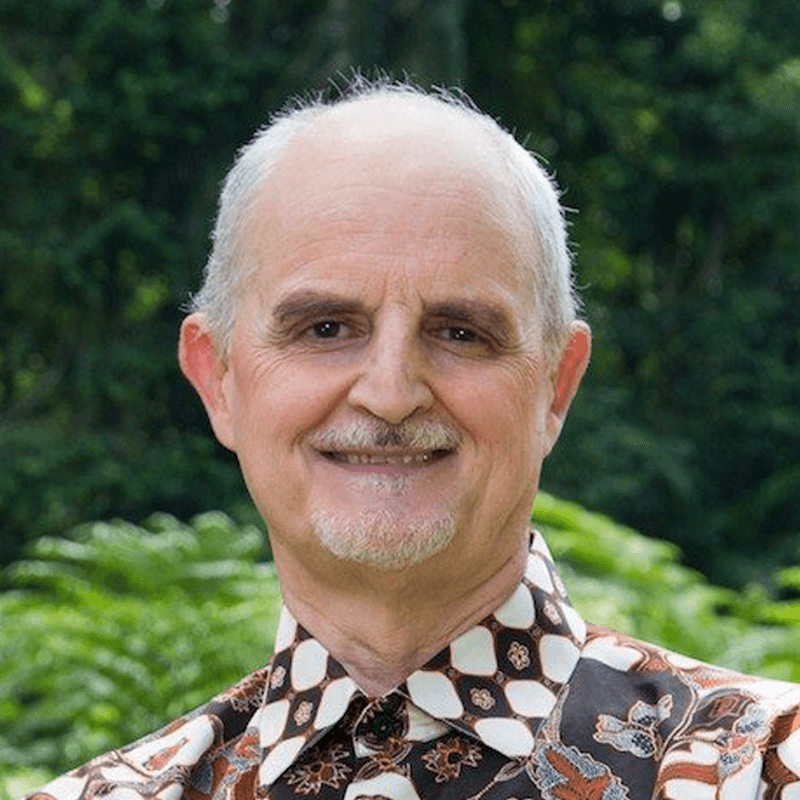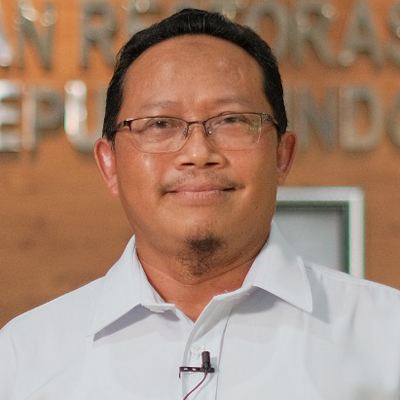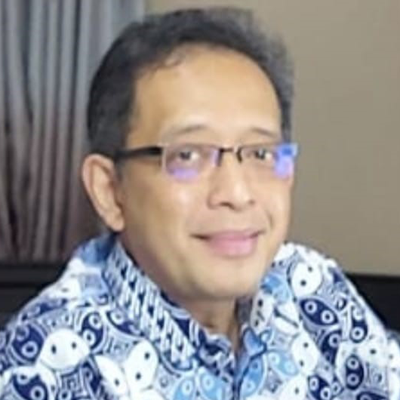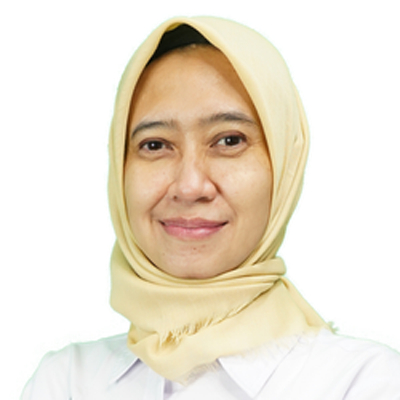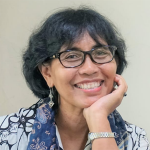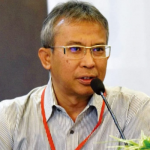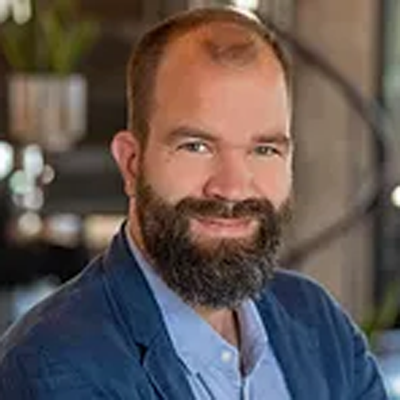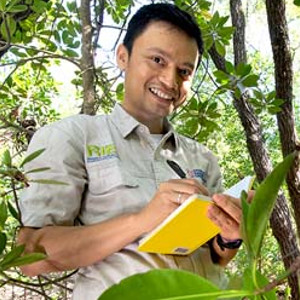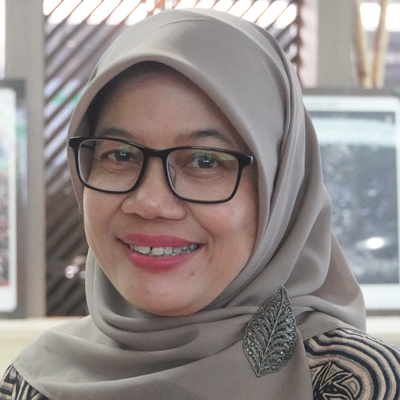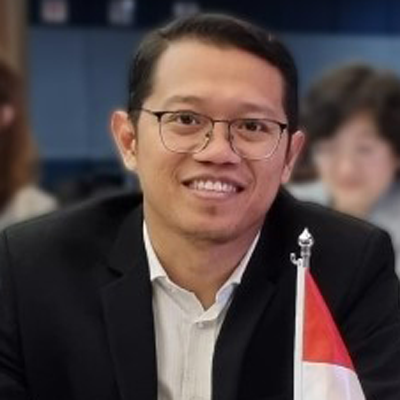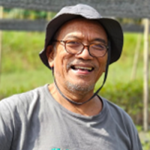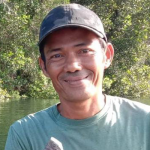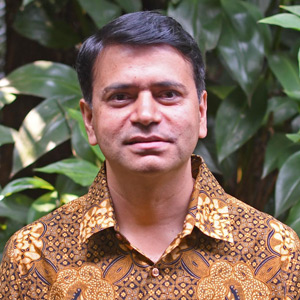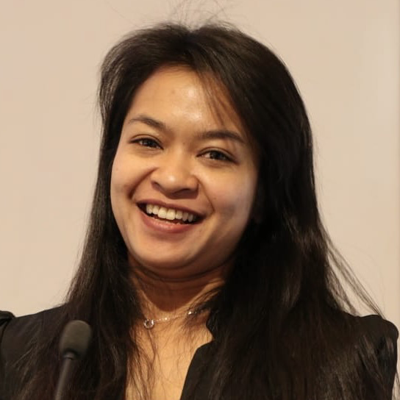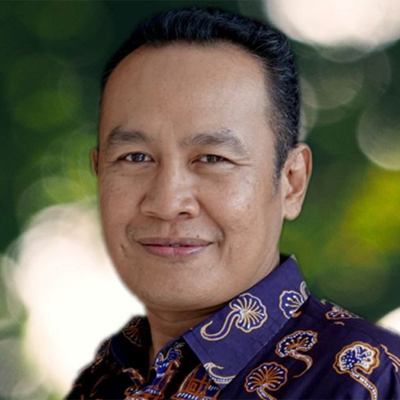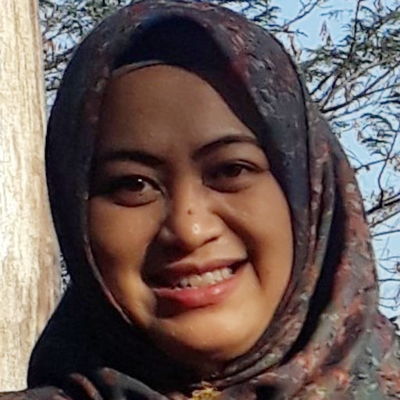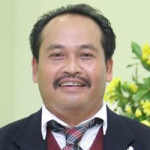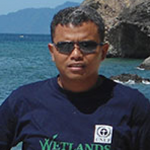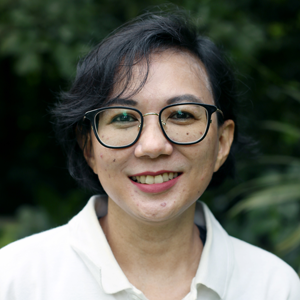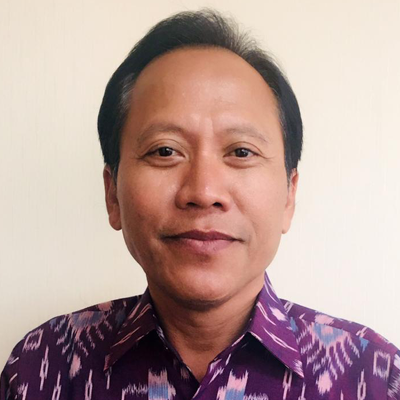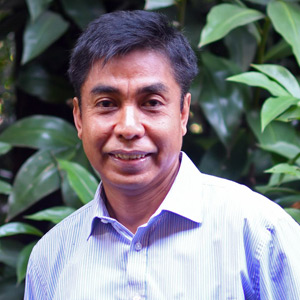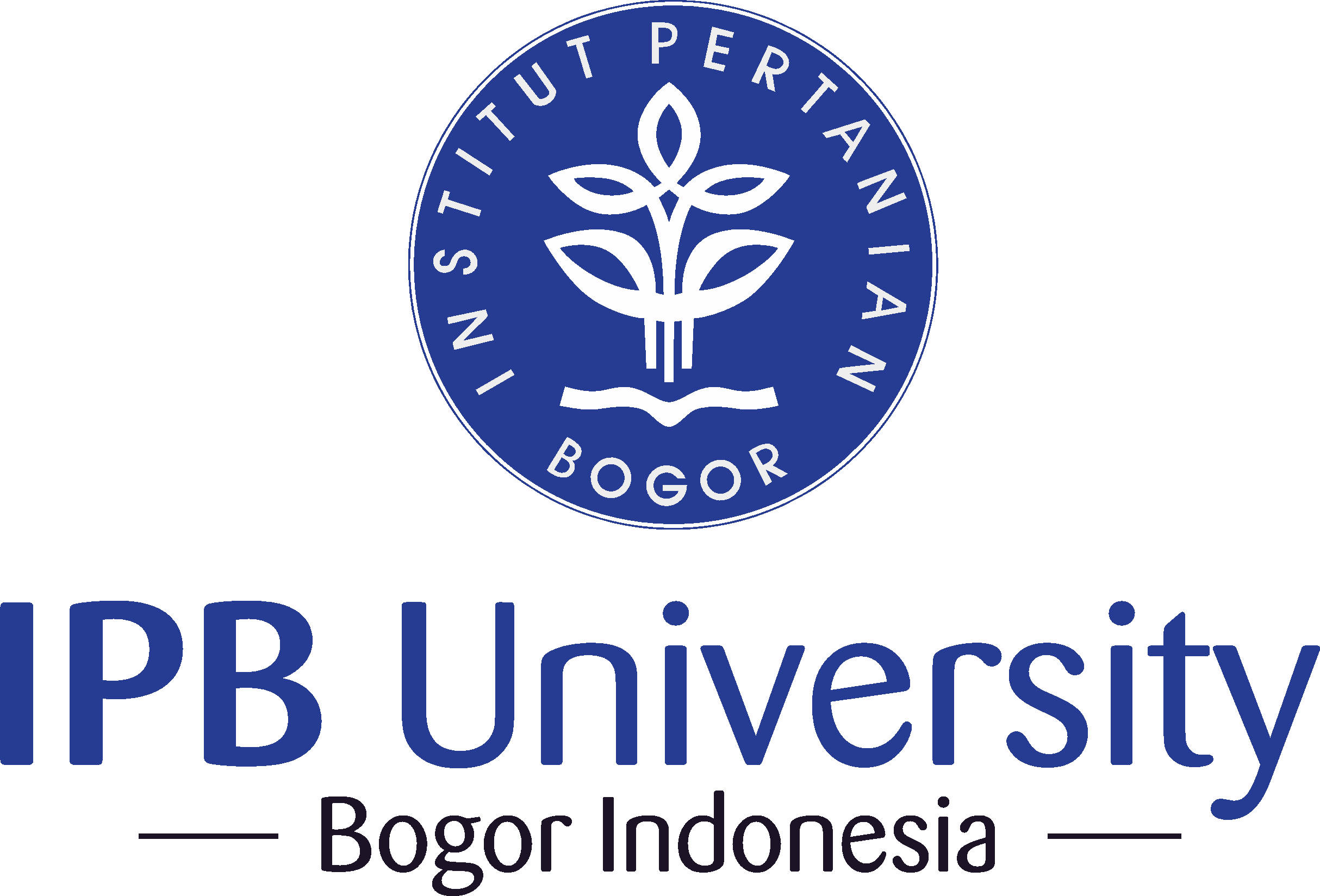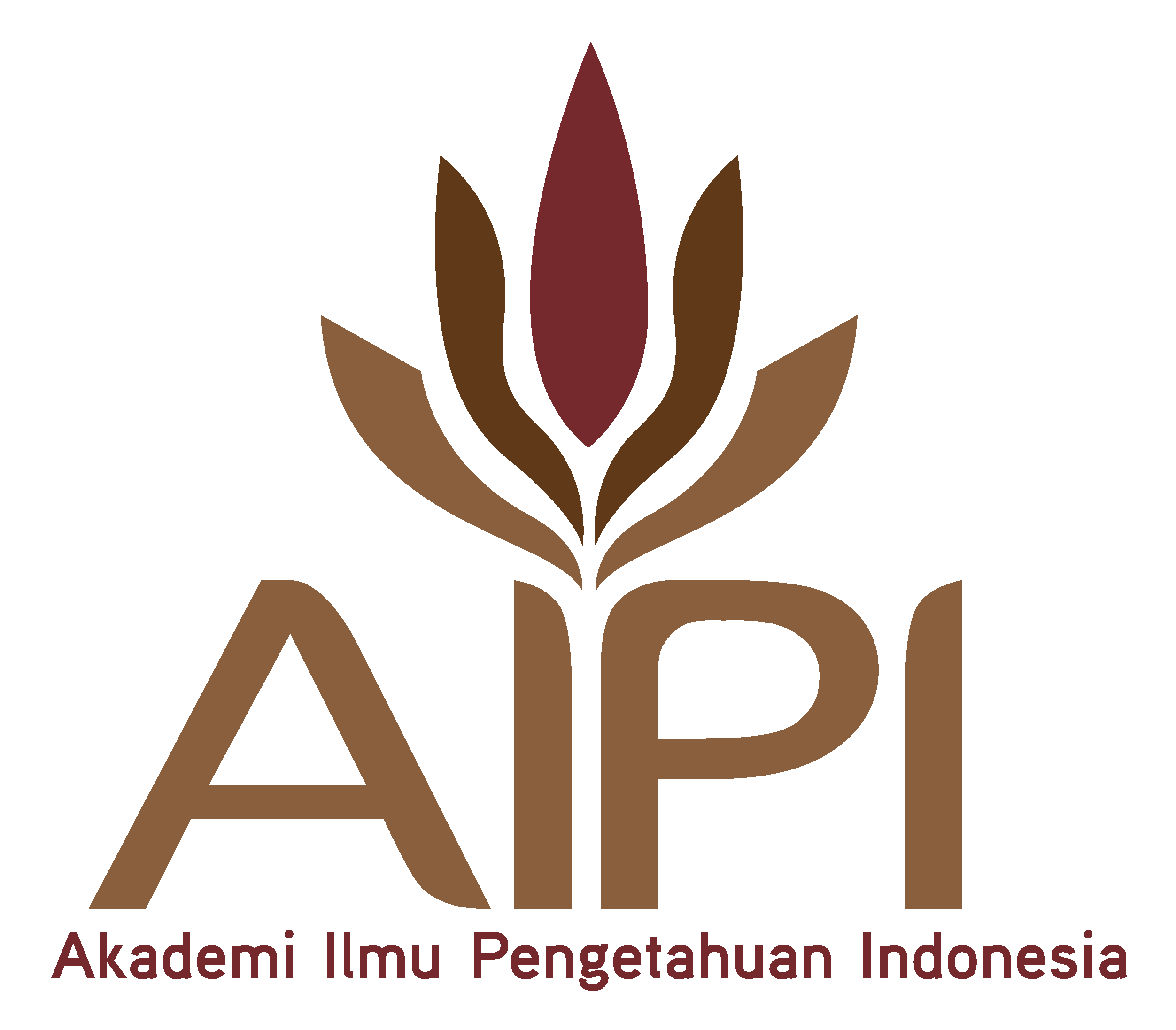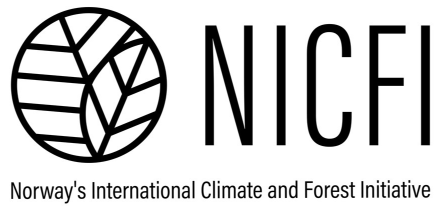Background
Knowing that blue carbon ecosystems, including mangroves, seagrass meadows and saltmarshes are capable of sequestering and storing more carbon than terrestrial forests, they have attracted global attention, notably in climate change mitigation and adaptation. As home of around 17% of global blue carbon stock, Indonesia has a great opportunity to conduct international trading of carbon credits from its coastal ecosystems.
To implement the Paris Agreement, Indonesia has committed to reducing greenhouse gas (GHG) emissions, as outlined in its nationally determined contribution (NDC). Presidential Regulation No. 98/2021 on Implementation of Carbon Economic Value (NEK) was enacted to help the country achieve its emissions reduction targets. This was followed by Minister of Environment and Forestry Regulation No. 21/2022 on Technical Guidelines for Indonesia Emissions Reduction Certification (SPEI). In addition, the Government of Indonesia has launched the Indonesia Carbon Exchange (IDXCarbon) to provide markets for trading of carbon credits to accelerate carbon emission reduction, and achieve net-zero emissions by 2060 or earlier.
Stakeholders, including non-state actors, private sector, business and coastal communities, are interested in taking the opportunities to invest and develop blue carbon projects in Indonesia – the largest host of mangroves in the world. However, they have yet to understand how SPEI, NEK and IDXCarbon will be operationalized and enable them to participate in blue carbon projects. This will eventually speed up the process to achieve country’s net zero emissions (NZE) in 2060 or earlier.
The CIFOR-ICRAF Transformative Partnership Platform: Blue Carbon Deck team, in collaboration with the Ministry of Environment and Forestry, Ministry of Marine Affairs and Fisheries, IPB University, the Indonesian Academy of Sciences (AIPI), and Indonesian Mangrove Society (IMS) organizes an open dialogue as a platform to facilitate exchange knowledge and experiences. It is expected that the challenges and barriers to implement projects on the ground may be removed and multi-stakeholder partnerships are promoted.
Objectives
- Promote the role of Blue Carbon Deck as the platform for mutually beneficial partnership among actors interested in managing blue carbon ecosystems;
- Familiarize with the mechanisms and procedures of blue carbon project development, with particular attention to policy, regulatory framework and methodologies;
- Explore the investment and business opportunities leading to the blue carbon credit trading mechanism in Indonesia; taking into account the national commitments and agenda.
This event will be held bilingually in Indonesian and English with simultaneous translation.
For more information, please contact Kania Rahayu, k.rahayu@cifor-icraf.org.













